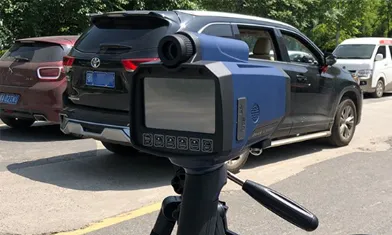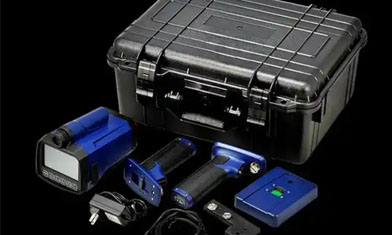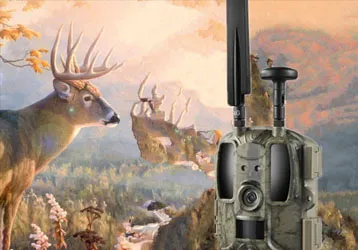دوربین سرعت لیزری از چه فاصله ای شروع به اندازه گیری سرعت می کند ؟
Onick Optics integrates advanced laser speed measurement technology and video imaging technology to launch an ultra-portable laser speed measurement and recording system - Onick LSP320 handheld laser speedometer. It is also an integrated handheld laser speed measurement evidence collection instrument that can accurately measure the real-time speed of the car and the corresponding distance at the same time. It can capture static pictures of speeding vehicles and record videos. It can fully record the dynamic images of speeding vehicles, and it is light and easy to carry.
The working principle and setting distance of speed measurement photography vary depending on the type of equipment. The effective distance of electronic eye speed measurement is usually 20 meters, but some equipment can detect it at 50 meters, 100 meters, 300 meters or even 1,000 meters away. Fixed speed measurement equipment usually works in conjunction with a camera to form a capture system.
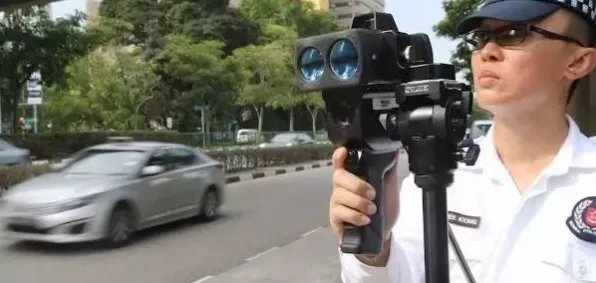
1. How far does the speed measurement camera start to measure speed? How many meters does the speed measurement camera take?
The working principle and setting distance of speed measurement photography vary depending on the type of equipment. The effective distance of electronic eye speed measurement is usually 20 meters, but some equipment can detect it at 50 meters, 100 meters, 300 meters or even 1,000 meters away. Fixed speed measuring equipment usually works with cameras to form a capture system. When in use, fixed equipment will continuously emit detection waves and conduct detection within the radar trigger area, usually about 30 meters. Handheld radar does not continuously emit detection waves and only conducts detection when the button is pressed. It uses fuzzy aiming, so it takes more time. Speed radar needs to receive 8 consecutive reflected signals to calculate the speed.
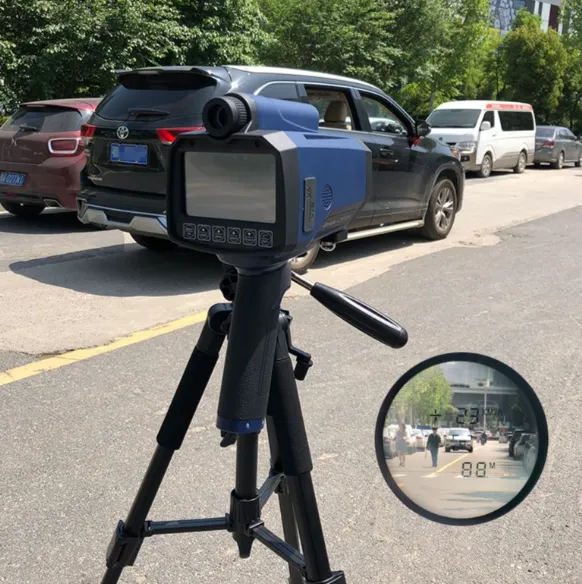
In addition, for radar speed measurement photography, it takes about 100 meters to take pictures, while the induction coil is closer to the photography system and senses about 10 meters. Therefore, in actual use, it is necessary to determine the distance of speed measurement photography according to specific equipment and settings.
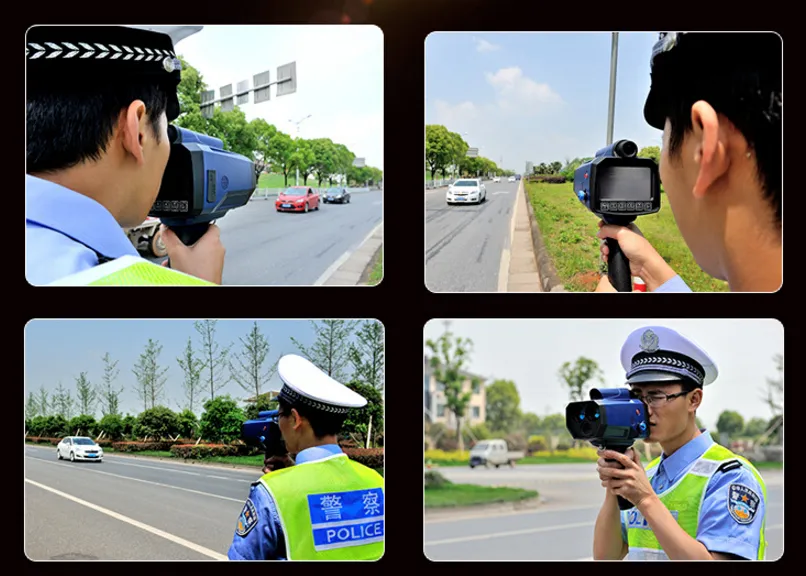
2. Will speed measurement photography take pictures of violations? Will speed measurement photography deduct points?
Speed measurement photography and violation photography are both commonly used automatic photography methods in traffic management, but their functions are different.
Speed measurement photography is mainly used to monitor whether the vehicle is speeding. If the speed is within the speed limit, it will not be considered as a violation. Traffic violation photography detects whether there are other illegal behaviors during driving, such as making phone calls while driving, not wearing seat belts, etc. If a violation is detected, a fine will be imposed.
Both photography methods are automatic and do not require manual operation. Speed photography can be monitored by setting up speed measuring instruments, while traffic violation photography can be monitored by installing traffic violation cameras.
In short, although speed photography and traffic violation photography are both important measures in traffic management, their functions and monitoring methods are different. Therefore, in daily driving, we should follow traffic rules to prevent speeding and other violations to ensure the safety of ourselves and others.
